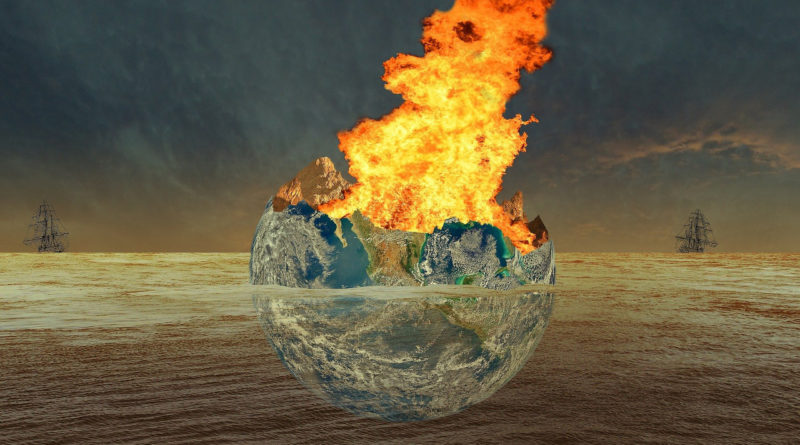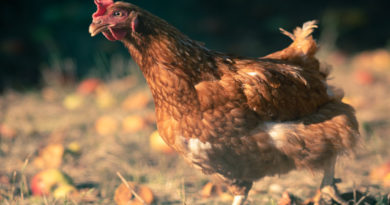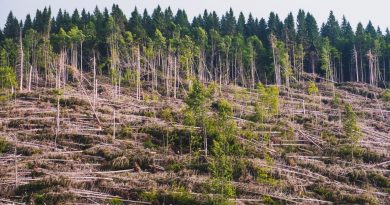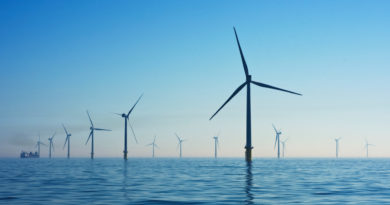Climate Crisis: How Did We Get Here, What To Think, What You Can Do
Modern humans live on Earth for over 300,000 years. For nearly 300,000 years we lived sustainably. All was good until very recently.
Sudden technological advances of the industrial revolution – which culminated with the 1800 invention of the steam engine which used coal for fuel – jumpstarted environmental decline. Everything went south from there at a neck-breaking speed: the introduction of gasoline-powered automobile, demand for petroleum, carbon dioxide and carbon monoxide fumes, factories, introduction of chemical pesticides and fertilizers to support factoryfarms and mass food production, mass-deforestation, the arrival of plastics and other synthetics, nuclear facilities, species’ extinction, factories spewing toxic smog, endless mountains of indestructible trash, emphasis on disposables and quantity over quality….
The industrial revolution caused also a massive sociological shift: millions and millions of people abandoned their native villages and farms to move to urban areas. They stopped producing food, became factory workers and consumers of mass-produced goods. All these accompanied by a huge population growth. In the 1800 there was just 1 billion people. Today? 7.7 billion!
Stop for a moment and put it all in perspective: 300,000 years with a minimal carbon footprint. Mere 200-260 years since the start of industrial revolution, natural resource-exploiting economies and carbon dioxide / carbon monoxide emissions and we’ve got climate change!
*
Climate Crisis: What To Think?
We value diamonds, luxury vehicles and luxury mansions. There is always something new and better we just have to have. Something that would help us stand out from the crowd, even if it’s just a mention by someone important, an outfit or a tattoo. We crave public demonstrations of our success, desirability or individuality.
In some ways the hunger to be more and better is genetically-predetermined, remember “survival of the fittest”? But there is a shift coming that will likely curb this natural drive.
The most precious “possessions” aren’t yours or mine, they are OURS. They don’t distinguish us from one another. They level the field. What are these most precious “possessions”? Sustainable planet with normal temperatures; air and water. All three are essential to us. No matter how special you might be, you also need them.
What’s the shift I mentioned earlier? The definition of success, desirability and individuality is changing due to the pandemic and climate change. The highest virtue today? Humanity. The highest goal? Ensuring our collective survival.
When we compete, you have to prove that you’re better than I. When we cooperate, you have to prove that you care. Click To TweetJohn F. Kennedy famously said: “Ask not what your country can do for you – ask what you can do for your country”. Now is the time to paraphrase “Ask not what Earth can do for you – ask what you can do for Earth, TODAY”. Ask. And ask often!
To overcome climate crisis and preserve our most valuable resources (the Earth, air and water!) we’ll have to put our egos aside and pull together without the expectation of individual recognition.
No status symbol, no wise investments, not even money in the bank will bail you out when a global warming-caused natural disaster strikes, when there is no air to breathe or clean water to drink. We’ll be in the same boat, all equally at risk.
Climate Crisis: What You Can Do
Yes, a lot has to change from the top and our leaders have to be reminded of it, regularly. Environmentally-destructive technologies have to banned and replaced by cleaner technology and cleaner energy, ASAP. Environment-damaging actions have to be criminalized and prosecuted. Climate refugees and climate victims have to be helped. All that and more.
Our individual actions and habits contribute to climate change, too. We have to become more aware of them and take responsibility for our own negative impact.
Ask yourself whether your habits are sustainable. Should you change:
– what you eat and drink?
– how you shop?
– how much trash you generate?
– your energy sources? (Consider heating, air conditioning and transportation)
– your water usage?
and here is the kicker you didn’t see coming:
– are YOU self-sustainable?
– how can you become self-sustainable or – at least – more self-sustainable?
*
All of these are uncomfortable questions. But in the context of climate change, current – and potentially, future – pandemic and the record-setting population growth, do ponder these questions.
It took just 200 years for us to cause climate crisis. The science to stop further – and reverse much of the already done – environmental damage is here. Whether it’s applied (and ASAP!) or not is up to us.
If we pull together, demand changes and make changes in our individual habits now, there is hope. If we continue ignoring reality and insist on maintaining our comfort, we’ll fry, together…. soon.




